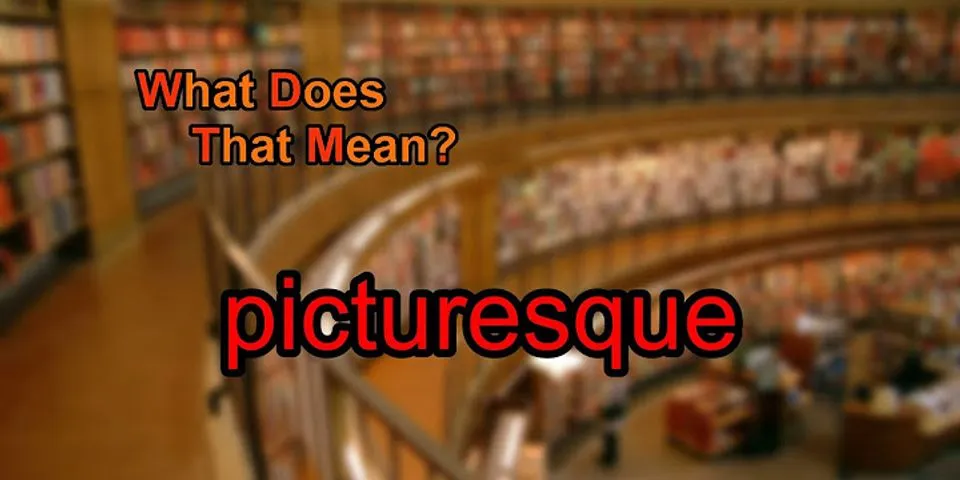coincide có nghĩa làNoteworthy event of having the exact change during small cash transactions. Ví dụ"$2.65 ? Wow ,what a coincidence.Thats exactly what i have in my pocket!coincide có nghĩa làA compartmentalized serendipity formed by an underlying synchronicity. Ví dụ"$2.65 ? Wow ,what a coincidence.Thats exactly what i have in my pocket!coincide có nghĩa làA compartmentalized serendipity formed by an underlying synchronicity. Ví dụ"$2.65 ? Wow ,what a coincidence.Thats exactly what i have in my pocket!coincide có nghĩa làA compartmentalized serendipity formed by an underlying synchronicity. Ví dụ"$2.65 ? Wow ,what a coincidence.Thats exactly what i have in my pocket!coincide có nghĩa làA compartmentalized serendipity formed by an underlying synchronicity. Ví dụSomething that arises from two or more original ideas being related.coincide có nghĩa làOur favorite characters from childhood have significant meaning together in adulthood, and that is a coincidence. When you and someone else are doing the same dance in the same place at the same time without knowing it Wow, we were doing the same dance at the same time without knowing it. What a coincidance! Something that coincidentally coencides with something else. Ví dụCoincidence or notcoincide có nghĩa làVí dụ. markiplier Outlast 2 Part 6 minute 32 Ví dụ"I am in some sort of fugue state that just so hhhhHAPPENS... to coincidate with the actual world." -Markiplier Outlast 2.coincide có nghĩa làIs it seriously all ultimate level coincidences or did you create anything? Ví dụThings are getting difficult to believe nowcoincide có nghĩa làCoincidence or not Ví dụTo happen at the same timecoincide có nghĩa là"Me and left hand coincide in our closet" Ví dụA coincidence is a remarkable concurrence of events or circumstances that have no apparent causal connection with one another. The perception of remarkable coincidences may lead to supernatural, occult, or paranormal claims. Or it may lead to belief in fatalism, which is a doctrine that events will happen in the exact manner of a predetermined plan. From a statistical perspective, coincidences are inevitable and often less remarkable than they may appear intuitively. An example is the birthday problem, which shows that the probability of two persons having the same birthday already exceeds 50% in a group of only 23 persons.1 |




















